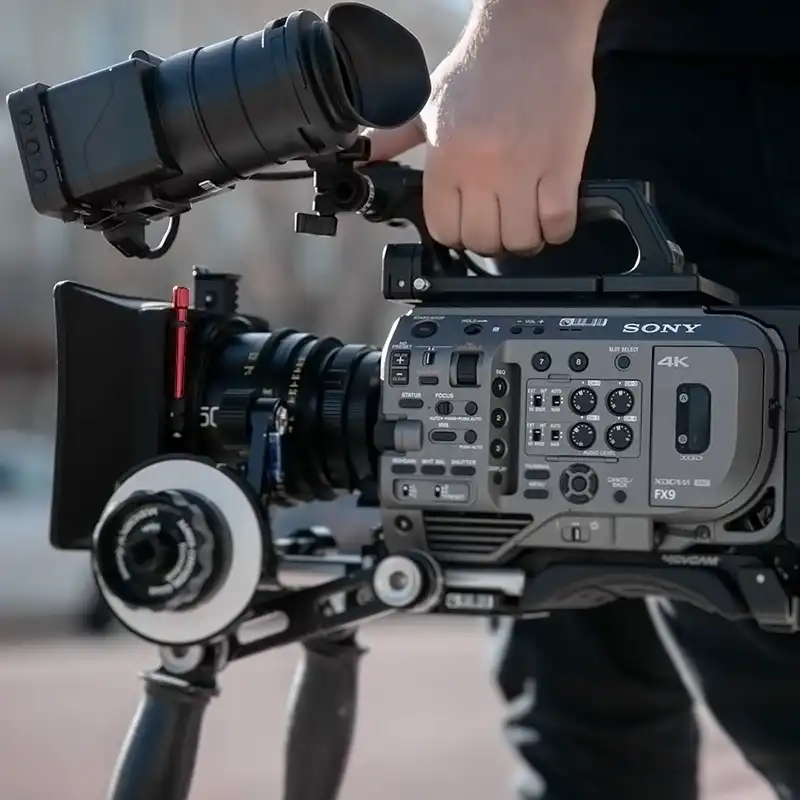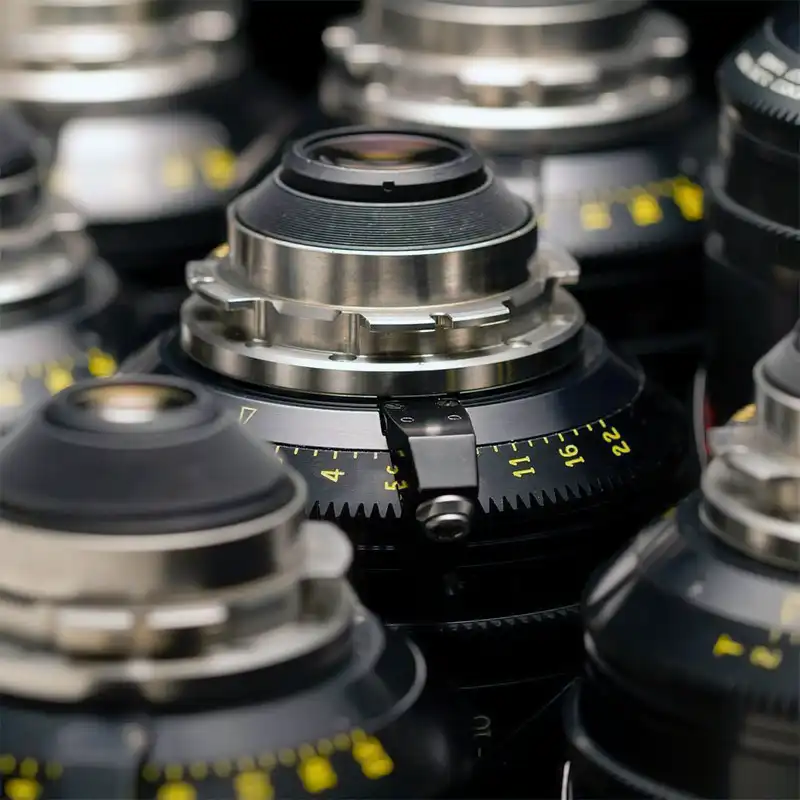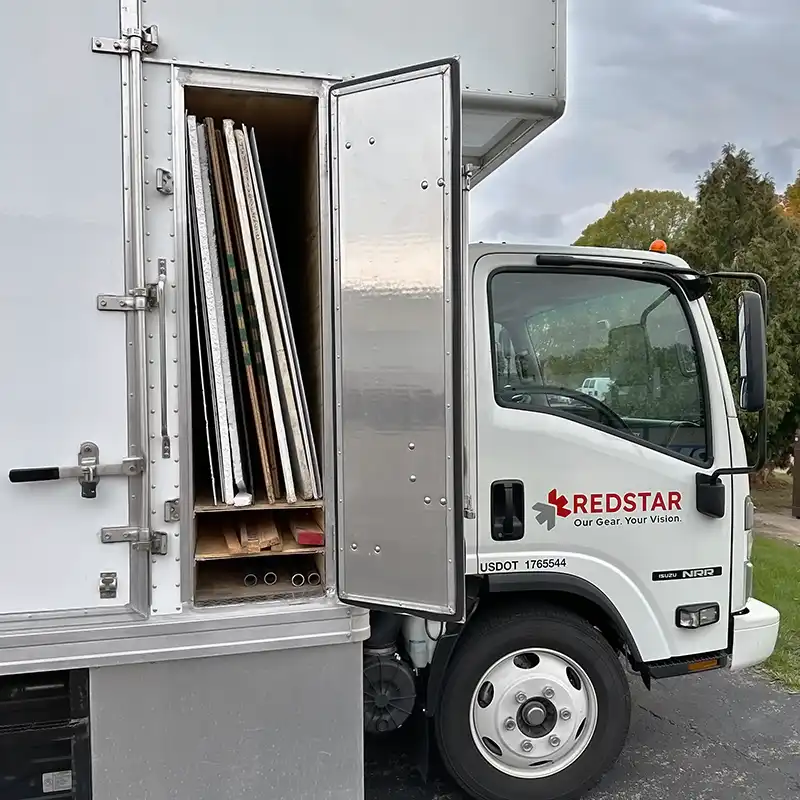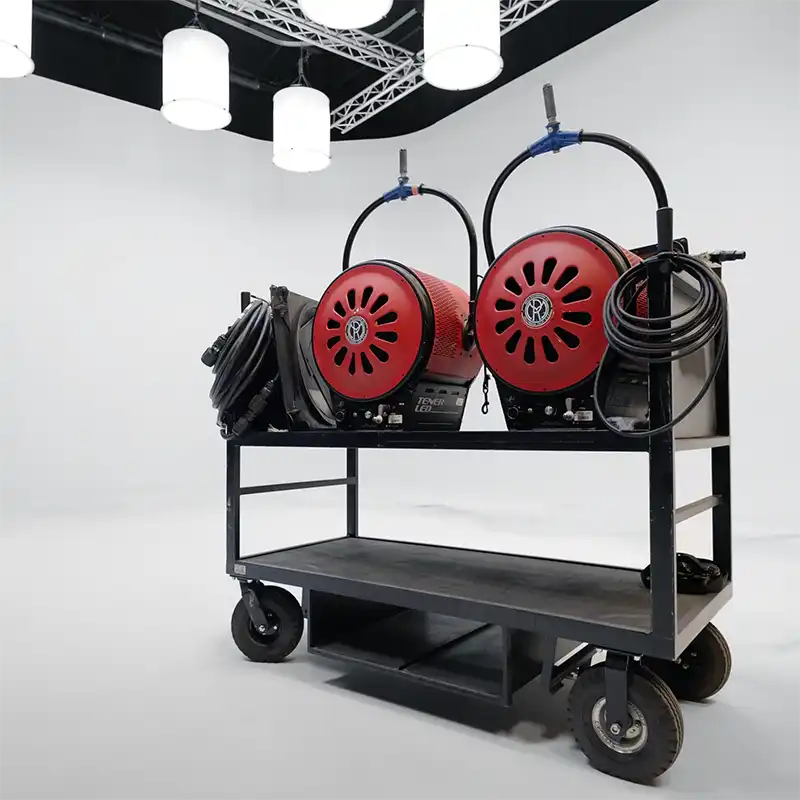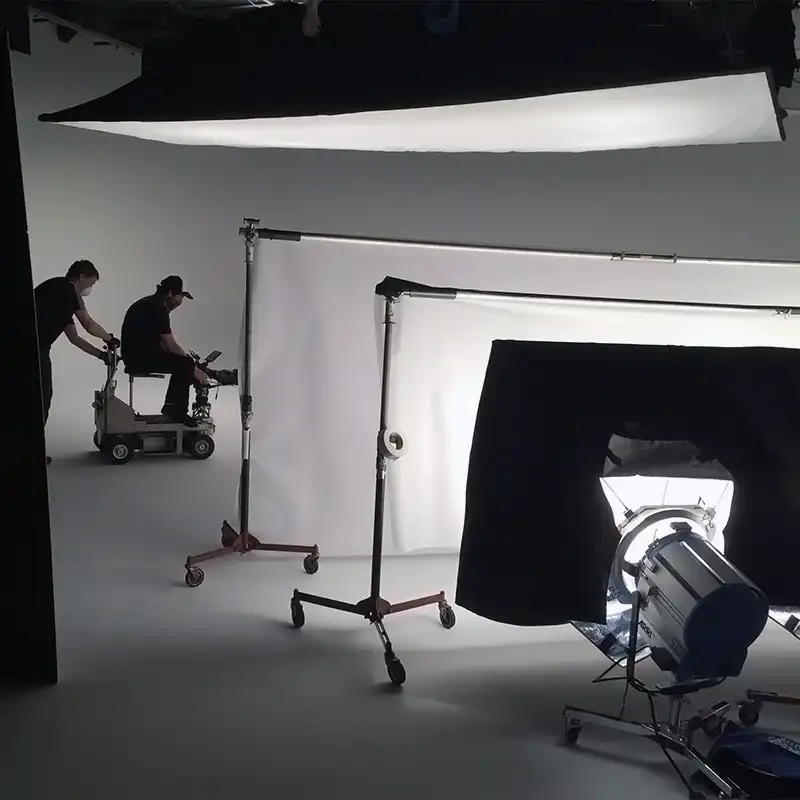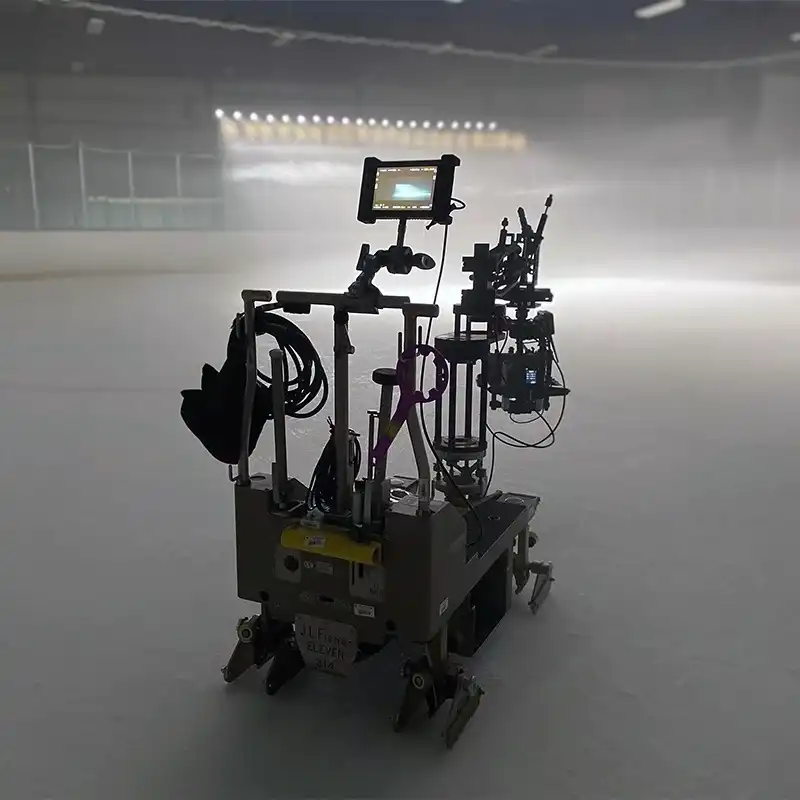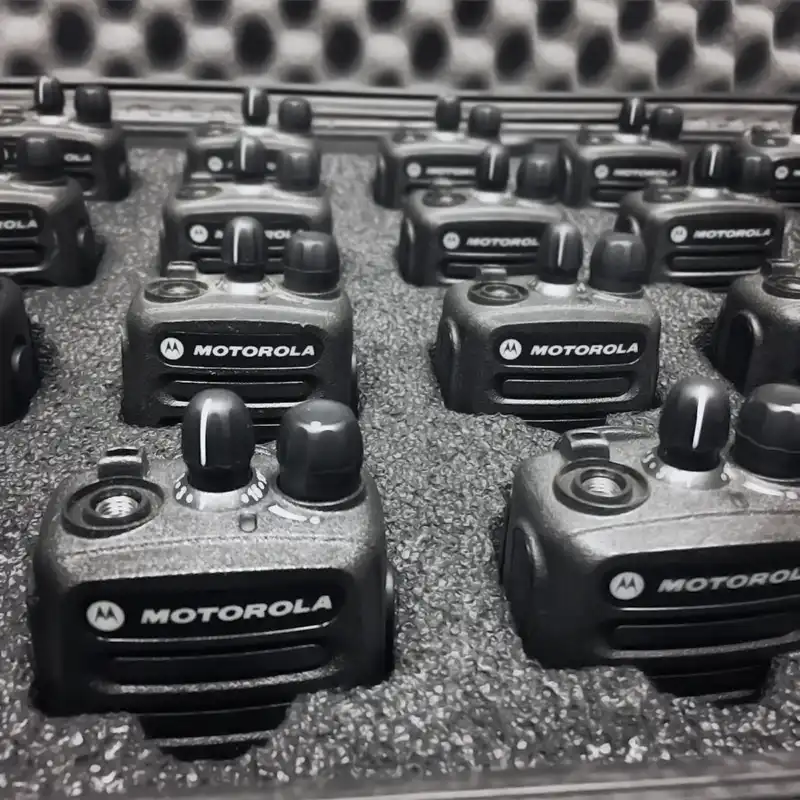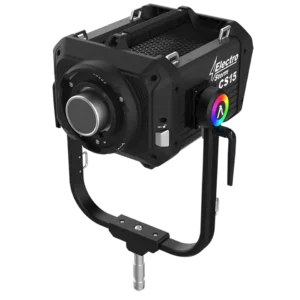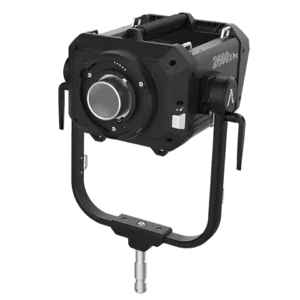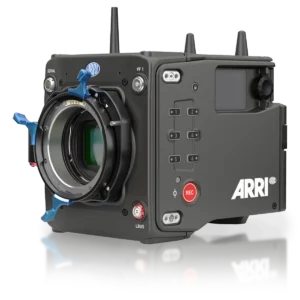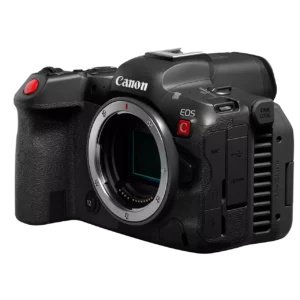Red Star Rentals
Your production partner
Red Star Rentals provides professional still and video cameras, lighting and grip, lenses, monitors, camera support, audio equipment, and just about everything else you might use on a film or video production. Our rental catalog includes cameras from Canon, Sony, Red, Arri, Blackmagic, and Panasonic. We rent lenses from all brands, including Cooke, Canon, Zeiss, and less common options like Tribe7, Atlas, Lomo, and others. Our monitor rentals include SmallHD, Atomos, and Flanders.
At Red Star, lighting, grip, and electric rentals can be à la carte, or rent our famous grip vans and grip trucks, filled with every grip tool your production needs. We offer lighting equipment rentals from brands like Aputure, Arri, Creamsource, Litegear, and Mole Richardson. We also sell expendables, an essential part of every photo and video shoot.
We’re more than just lighting and grip rental experts, we’re ready to be part of your team. With seven locations throughout the Midwest and East Coast, we’re glad to be your production partner.
FEATURED RENTALS
GET IN THE KNOW
Sign up for updates
Be the first to know about new gear, jobs at Red Star, and upcoming events.
RENT REDSTAR GEAR
Browse our Rental Catalog
Find your camera, lighting, grip and production supplies and instantly add them to your rental list.


